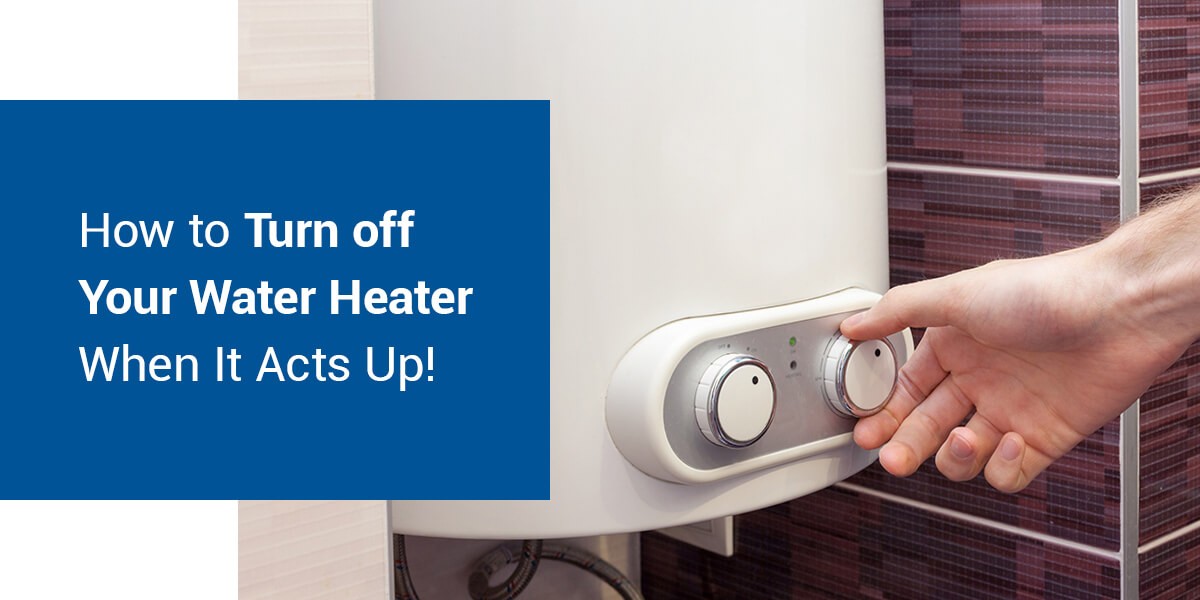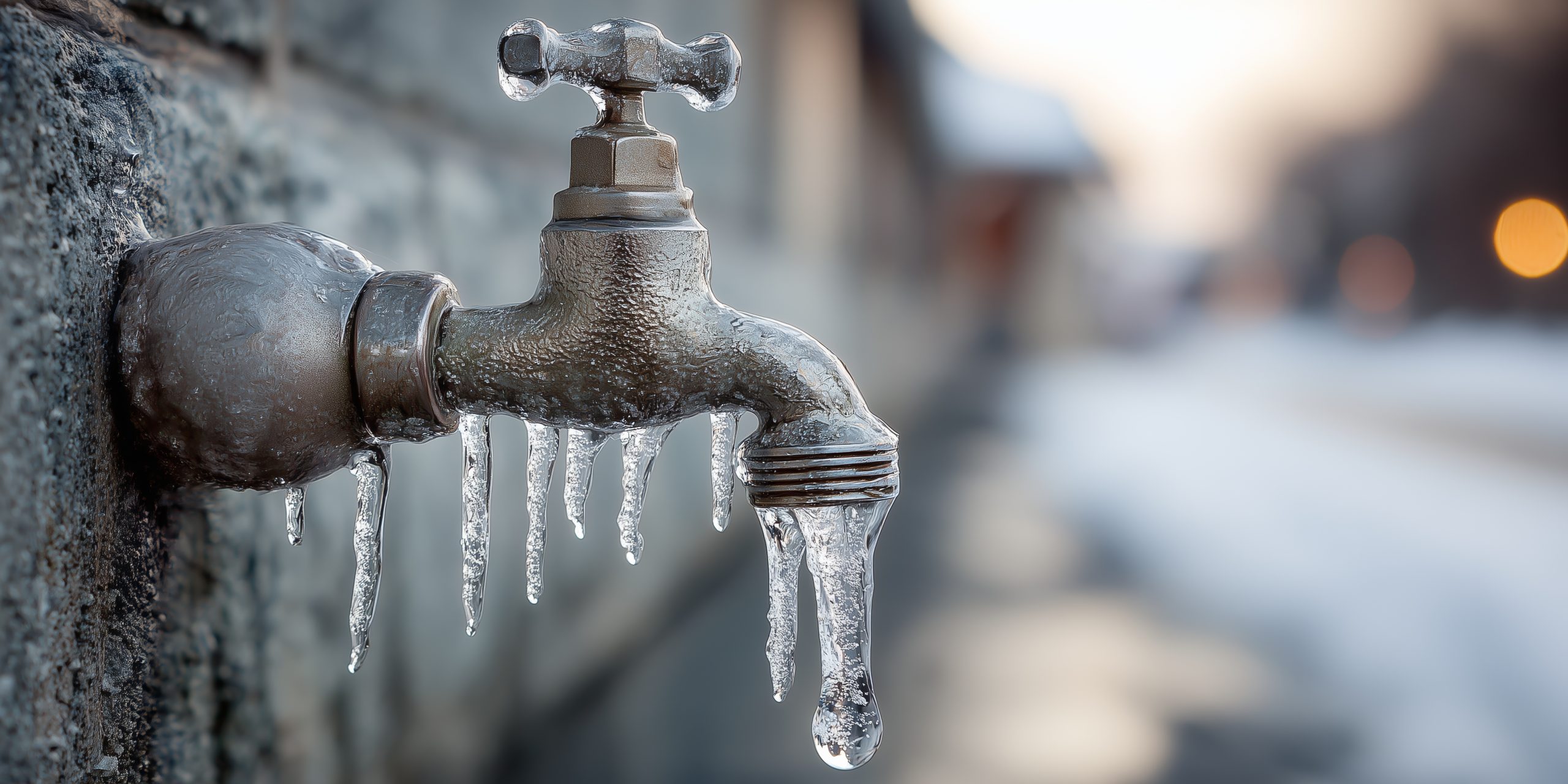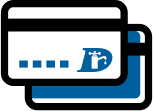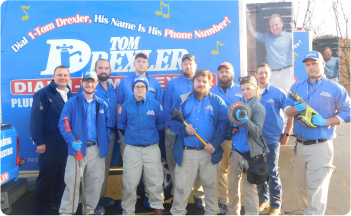
The water heater is easy to forget about when it’s working properly. But if it starts leaking, makes loud noises, or stops delivering hot water, you may need to shut it off to prevent damage or perform repairs. Luckily, turning off your water heater is easier than you might think.
Reasons to Turn Off Your Water Heater
Turning off your water heater is crucial in emergencies, but it’s also an important step in certain non-urgent situations. Here are some common reasons to cut the power:
- Gas odor: If you detect natural gas in your home—which smells like rotten eggs—shut the heater off, evacuate your home, and call the fire department followed by your gas company.
- Water leaks: If you notice water pooling around your heater, shut it down and drain it to prevent the leak from worsening.
- Odd noises: Clanging or popping sounds may indicate sediment buildup or another issue that requires professional attention.
- Pilot light problems: If the pilot light won’t stay lit, shutting down the heater until a repair can be made is the safest bet.
- Overheating: Extremely hot water or a tank that feels too warm to touch could be a sign that your system is overheating.
- No hot water: When the heater fails to do its job, turning it off is often the first step toward repairing it.
How to Shut Down a Gas Water Heater
Gas water heaters use a combustible fuel source that requires extra caution.
If you need to shut yours down, here’s how to do so safely:
- Turn off the thermostat: Locate the thermostat dial near the bottom of the tank and move it from “on” to “off.”
- Shut off the gas supply: Find the gas valve on the pipe leading to your water heater and turn the handle until it’s perpendicular to the pipe.
- Stop the water supply: Look for the cold water valve at the top of your heater. Turn it clockwise to shut off the flow. If you can’t find the valve, turn the main shut-off valve for the entire home.
- Drain the tank: In the event of a leak, you may want to drain the tank. Don work gloves to protect your hands and attach a garden hose to the drain valve at the bottom of the heater. Place the other end outside or near a floor drain, and then open the valve to empty out the water.
- Release pressure: Open the pressure relief valve near the top of the unit, or turn on a hot water faucet somewhere inside your home. This lets air into the system and helps the water drain completely.
How to Turn Off an Electric Water Heater
The process is similar for electric water heaters, but there are a few differences. Follow these steps:
- Cut the power: Water and electricity are a dangerous combination, so first go to your breaker box and flip the breaker labeled for your water heater to the “off” position.
- Shut off the water supply: Look for the cold water valve above the heater and turn it clockwise. If that doesn’t work, use your home’s main water shut-off valve.
- Drain the tank: If you need to empty the tank, wear work gloves and attach a garden hose to the drain valve near the bottom of the heater. Place the other end in a safe draining location, and then open the valve.
- Release pressure: Flip the pressure relief valve handle near the top of the heater or turn on a hot water faucet to prevent pressure from building inside the tank.
Call Tom Drexler for Emergency Water Heater Repair
Now that you know how to shut off your water heater, the next step is to call Tom Drexler Plumbing, Air & Electric for the necessary repair work. Since 1982, we’ve built a reputation for upfront pricing, reliable service, and our 100% satisfaction guarantee.
If you live in Cincinnati, Louisville, or Southern Indiana, trust us to address your water heater problems quickly and professionally.
Contact us today to schedule water heater services.







